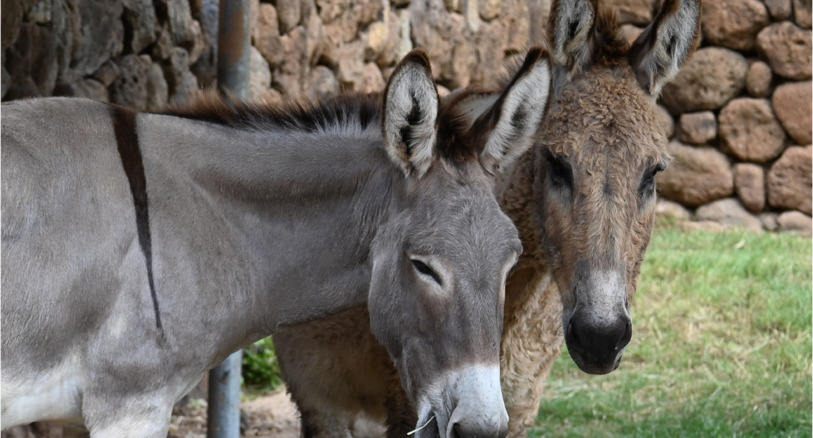
The Hawaiian word for Donkey is Kekake. Our Kekake pair can usually be found behind the stone wall next to Lani Moo’s pen in our Keiki Zoo.
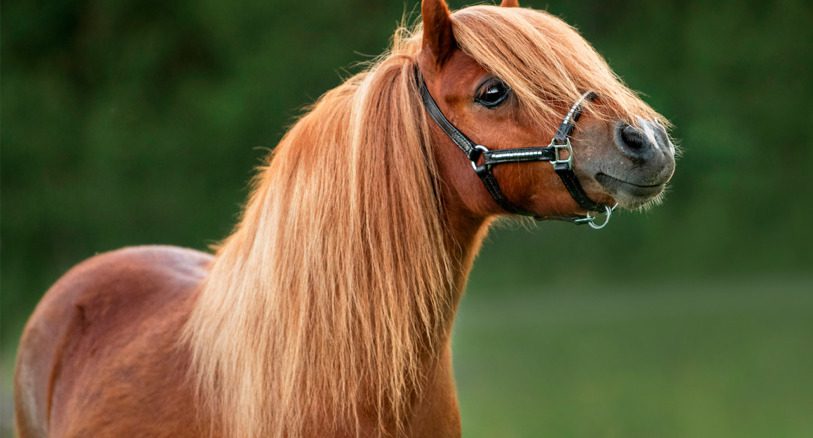
These horses are not dwarves, runts, or “genetic” errors, but are produced by selectively breeding down in size yet maintaining as near-perfect conformation as possible.
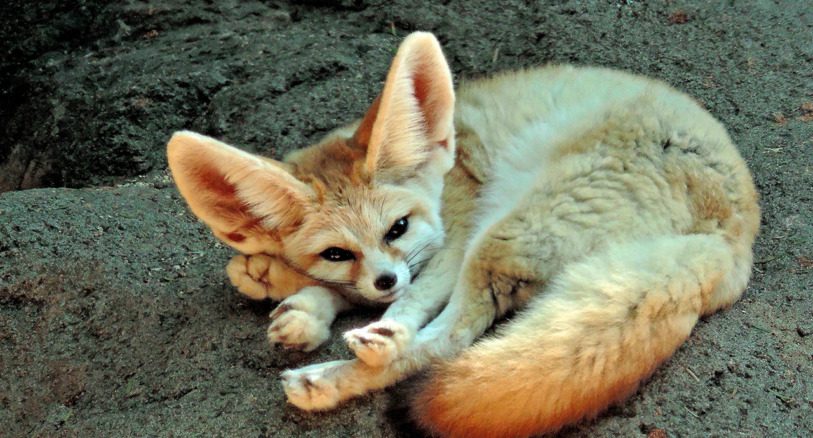
These small foxes live in family groups of sometimes up to 10 individuals. These groups are often led by the parents and will sometimes share massive dens with other families.
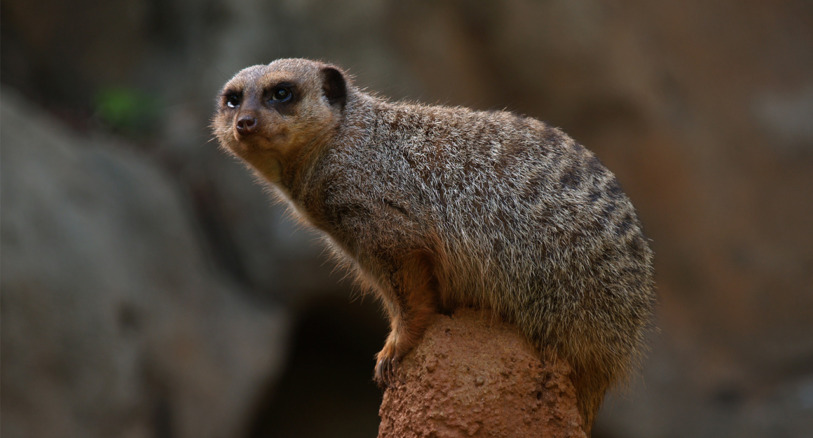
Meerkats are highly social, diurnal animals. They enjoy basking in the sun and may sleep in groups and form a tower.
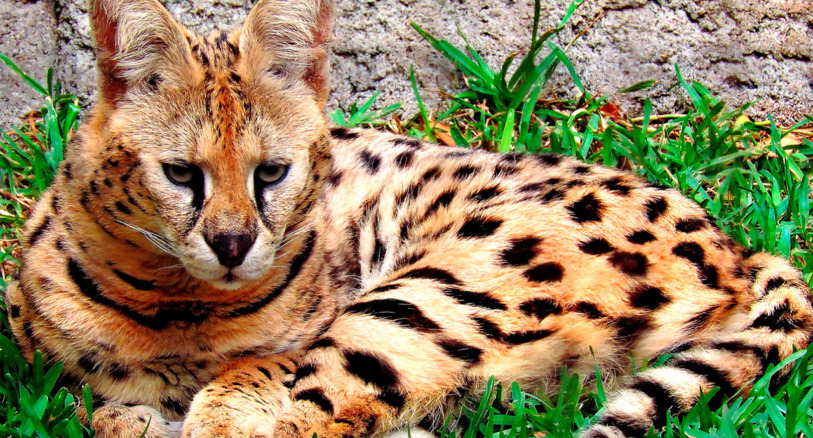
Elusive and shy, servals are for the most part nocturnal, hunting by sight and sound more than scent.
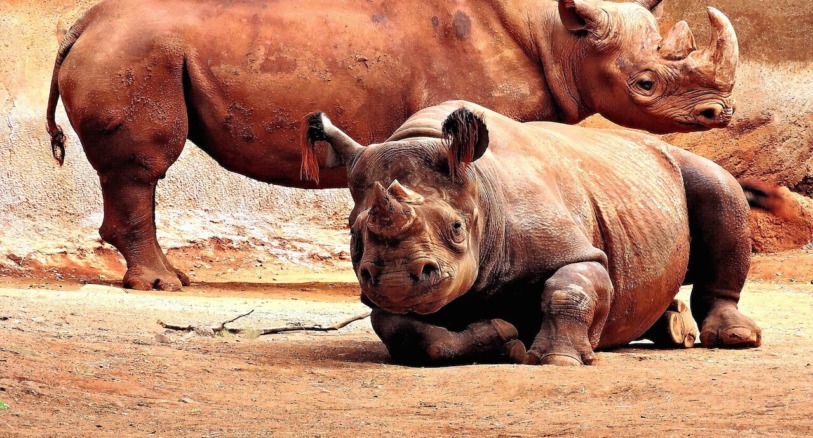
The Honolulu Zoo acquired two black rhinos through the American Zoo and Aquarium Association’s Species Survival Plan in September 2022.
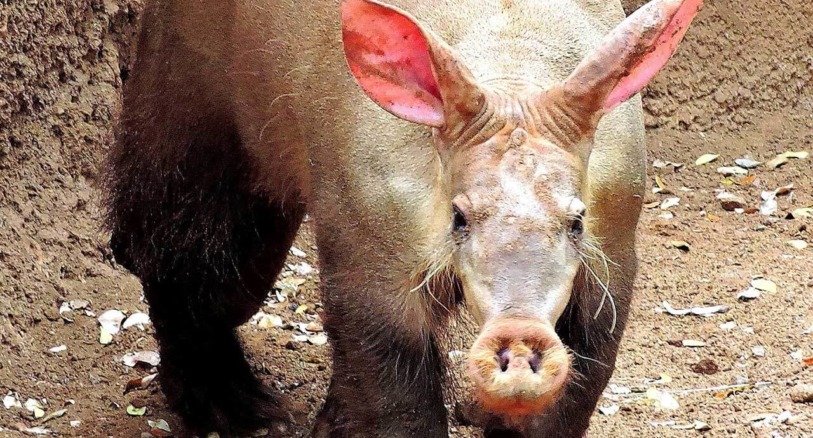
The name aardvark comes from a word meaning “earth pig.” The aardvark is endemic to Africa and are specialized for eating termites but are considered an omnivore.
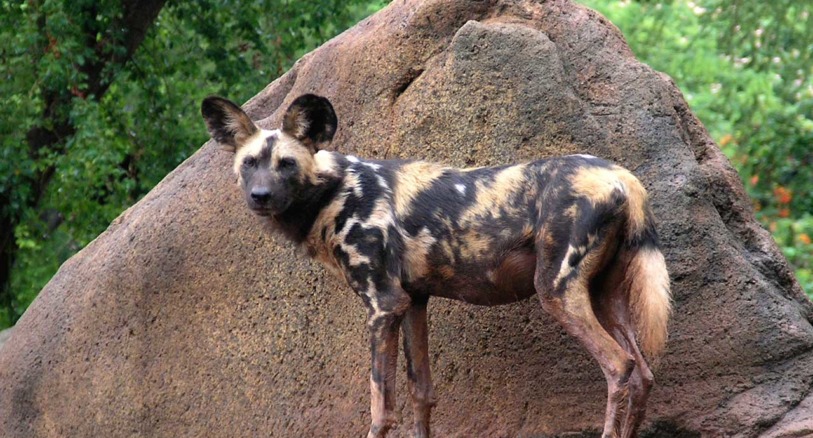
African Wild Dogs are very social animals that live in packs of 5-20 individuals; rarely as many as 60. They fill the ecological role or niche of the wolf in Africa.
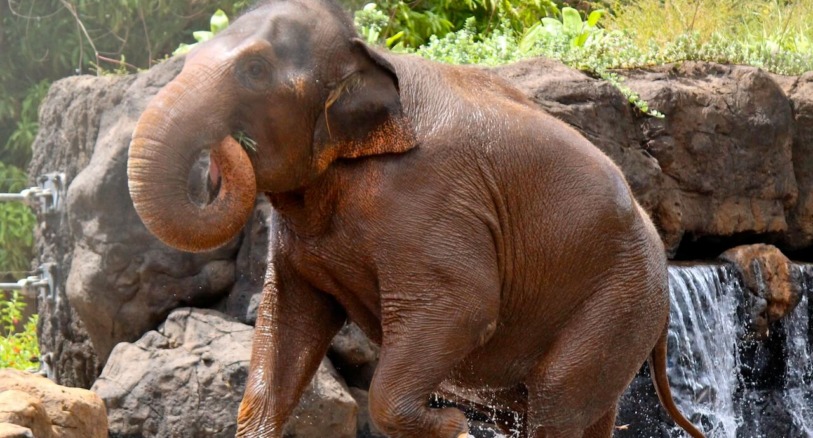
The Asian or Asiatic elephant (Elephas maximus) is the only living species of the genus Elephas and is distributed in Southeast Asia from India in the west to Borneo in the east.
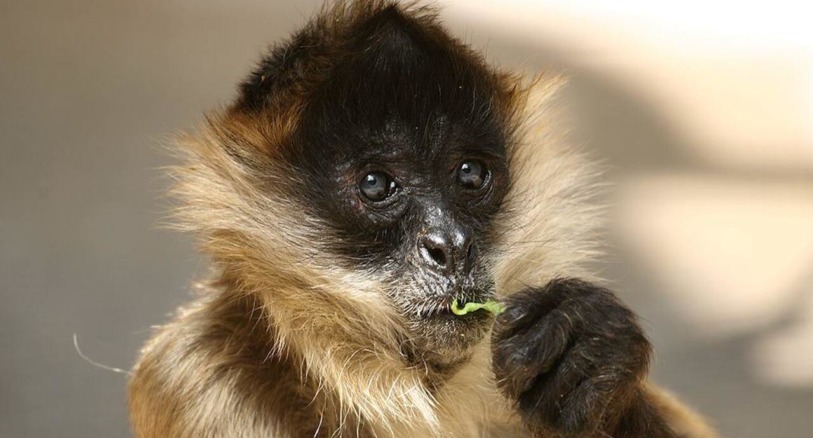
New world monkeys like the spider monkey are more primitive than old world monkeys. Their brains are less complex, their thumbs are not opposable and their nostrils are further apart.

